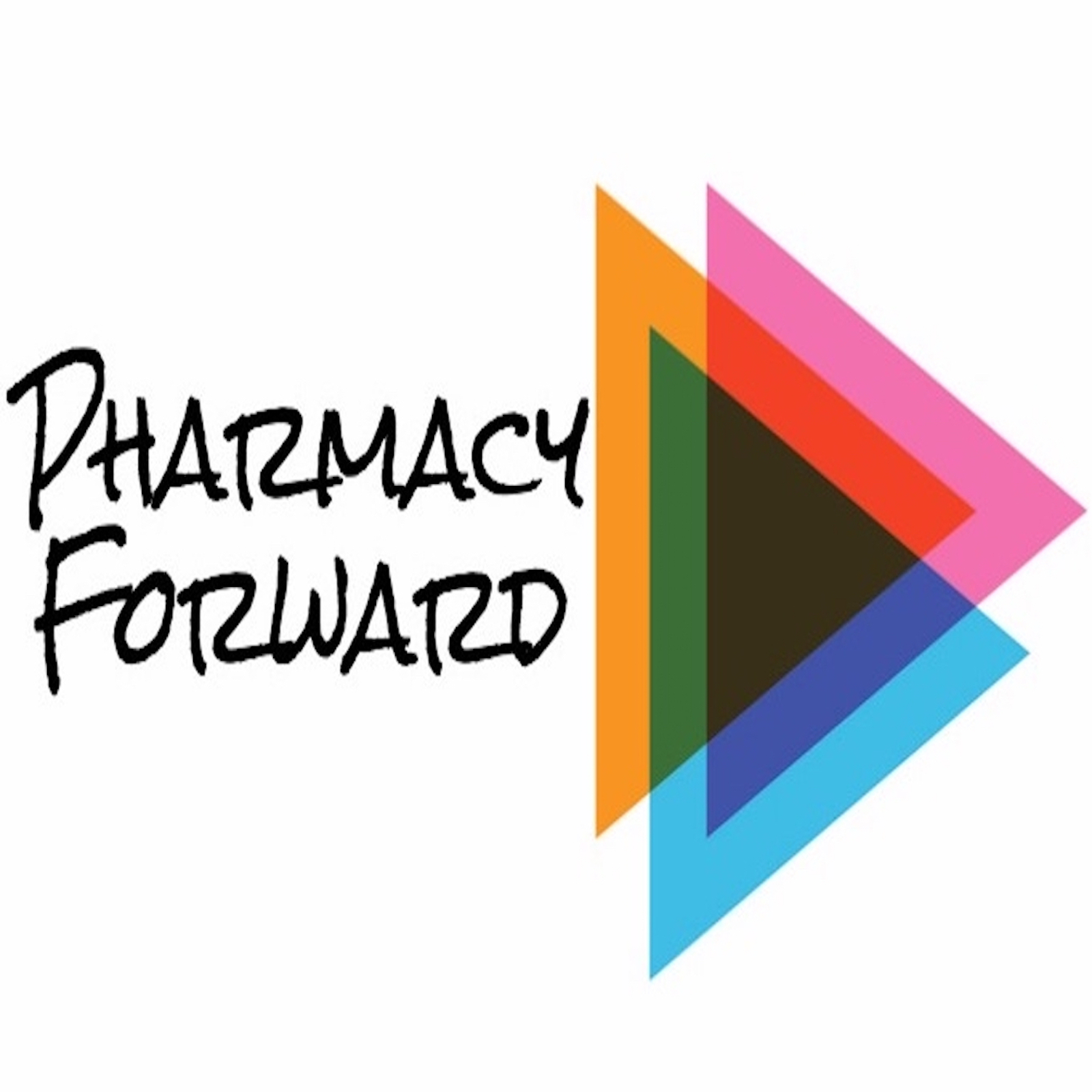Episodes

Tuesday Feb 18, 2020
Gender Identity & Transgender Care (III)
Tuesday Feb 18, 2020
Tuesday Feb 18, 2020
Cheyenne C. Newsome, PharmD, BCACP and Jessica Conklin, PharmD, BCACP, CDE, AAHIV — passionate advocates for the role of pharmacists in the care of transgender persons — talk with us about the need for patient and provider education and about the benefits and risks of gender-affirming treatment.
Key Lessons:
- Gender-affirming therapy is highly effective, improving the quality of life in more than 80% of patients.
- Hormonal therapy is the cornerstone of gender-affirming therapy.
- Testosterone is used for masculinization by trans-men. It is traditionally given by intramuscular injection but subcutaneous injections are easier to administered and may have a smoother effect (e.g. lower peak effect).
- Side effects from testosterone are common including body and facial hair growth (you don't get to pick!), deepened voice (irreversible), clitoral enlargement, acne, menstrual irregularities, and weight gain from increased appetite.
- Estradiol (preferred estrogen) is used for feminization by trans-women. In addition, spironolactone is used in high doses for its anti-androgen effects. Side effects are similar to those experienced by cisgender women.
- While trans-men often develop amenorrhea, pregnancy is still possible. Frank discussions about the use of contraception, if sexually active, is important.
- A number of great resources are available to inform drug therapy decision making particularly the Endocrine Society Guidelines.
- Pharmacists can uniquely contribute to optimizing the care of trans-men and -women.
To learn more, view and download the Show Notes!

Tuesday Dec 17, 2019
Gender Identity & Transgender Care (I)
Tuesday Dec 17, 2019
Tuesday Dec 17, 2019
Nicole Avant, PharmD, BCACP - Assistant Professor at the University of Cincinnati and Founder/CEO of Avant Consulting Group - and Tennille McKinney - HIV Educator and Consultant with Avant Consulting Group - talk with us about gender expression/identity, cis-privilege, and transphobia.
Key Lessons:
- Sex and gender are not synonymous. Sex is based on biology and gender is a social construct. Sex is determined by genes and assigned at birth. Gender is influenced by cultural norms and internal sense of self.
- Transgender persons identify with a gender that is different from the sex that was assigned at birth. Cis-gender persons identify with the gender that is congruent with the sex assigned at birth.
- Some transgender persons, but certainly not all, seek medical and/or surgical gender-affirming treatments to express their gender identity.
- Cis-privilege includes the rights and advantages that cis-gender persons enjoy. This includes respect for one's gender identity and freedom from harassing comments or intrusive questioning.
- Deadnaming is the act of referring to and calling someone by their birth name rather than their chosen name which is congruent with their current identity.
- Transgender persons face social stigma from both the lay public and health professionals. This sigma often results in transgender persons seeking care outside of traditional institutions and relying on self-care.
To learn more, view and download the Show Notes!

Tuesday Sep 24, 2019
Social Determinants of Health and Healthcare Delivery (I)
Tuesday Sep 24, 2019
Tuesday Sep 24, 2019
Magaly Rodriguez de Bittner, PharmD, BCPS, CDE - Professor and Associate Dean for Clinical Services and Practice Transformation, University of Maryland School of Pharmacy - talks to us about the impact of culture on behaviors and health outcomes ... and why healthcare practitioners need to develop cultural awareness and move toward cultural proficiency to achieve optimal outcomes for the patients they serve.
Key Lessons:
- Culture is the characteristics, knowledge, and beliefs of a group of people including their shared language, religious/spiritual beliefs, habits, and values. Culture impact beliefs about diseases, medications, and healthcare.
- Many patients are reluctant to tell healthcare providers about their culturally-related health behaviors for fear of being judged or may believe such information is irrelevant.
- Behaviors and beliefs, regardless of source, can impact health outcomes and can augment, detract, or have no impact on the recommended treatment plan.
- Openly discussing beliefs and behaviors is critical. Supporting patient decisions based on their beliefs builds trust.
- Communicating in the patient's preferred language is mandated by law. Use trained interpreters. Have written materials available in the patient's preferred language.
- Cultural awareness and moving toward cultural proficiency makes good business sense as you are better able to understand the needs of your patients.

